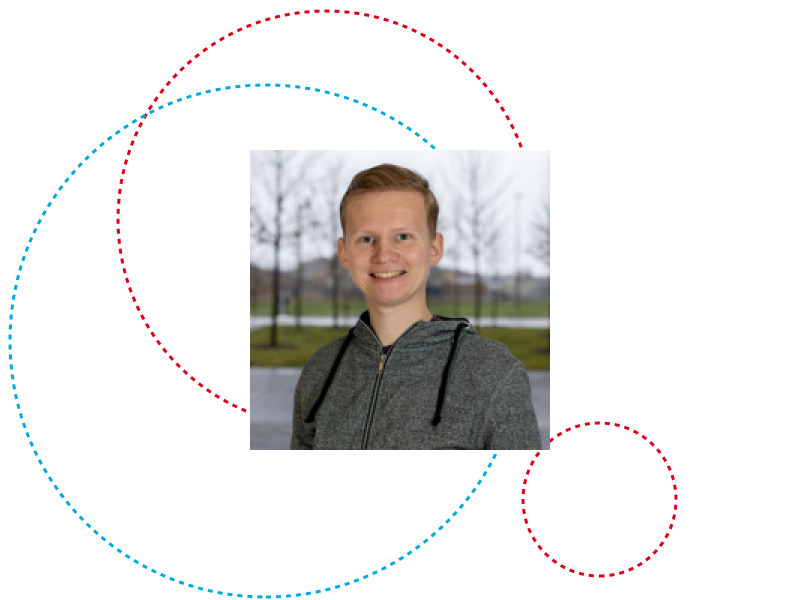You are all cordially invited to attend the PhD Defence of Jeroen VAN WIER on Wednesday, 19July 2023 at 2.00 pm. The defence will take place physically in room 2.400 at MSA Building (Campus Belval).
Members of the defence committee:
- Prof. Dr. Marcus VÖLP, Université du Luxembourg, Chair
- Prof. Dr. Ehsan EBRAHIMI, Université du Luxembourg, Vice-chair
- Prof. Dr. Peter Y A RYAN, Université du Luxembourg, Member (Supervisor)
- Dr. Peter ROENNE, Loria Nancy, Member
- Prof. Dr. Boris ŠKORIĆ, TU Eindhoven, Member
Abstract:
Secure communication plays an important role in our everyday life, from the messages we send to our online banking. In fact, we can hardly imagine a world without it. With quantum computers on the rise, it is only natural for us to consider what security might look like in the future. Can we rely on the principles we use today? Or should we adapt them? This thesis asks exactly those questions, looking at both communications between quantum computers and communication between classical computers in the presence of adversaries with quantum computers. In particular, three security principles are explored.
Firstly, we consider deniability for quantum key exchange, which describes the ability to generate secure keys without leaving evidence. We explore the setting of public-key authenticated quantum key exchange, and define a simulation-based notion of deniability. We show how this notion can be achieved through an adapted form of BB84, using post-quantum secure strong designated-verifier signature schemes.
Secondly, we consider plaintext-awareness, which addresses the security of a scheme by looking at the ability of an adversary to generate ciphertexts without knowing the plaintext. Here two settings are considered. Firstly, the post-quantum setting, in which we formalize three different plaintext-awareness notions in the superposition access model, shows their achievability and the relations between them, as well as in which settings they can imply indistinguishability. Next, the quantum setting, in which we adapt the same three plaintext-awareness notions to a setting where quantum computers are communicating with each other, and we again show achievability and relations with indistinguishability.
Lastly, we consider non-malleability, which protects a message from attacks that alter the underlying plaintext. Overcoming the notorious “recording barrier” known for generalising other integrity-like security notions to quantum encryption, we generalize one of the equivalent classical definitions, comparison-based non-malleability, and show how it can be fulfilled.
